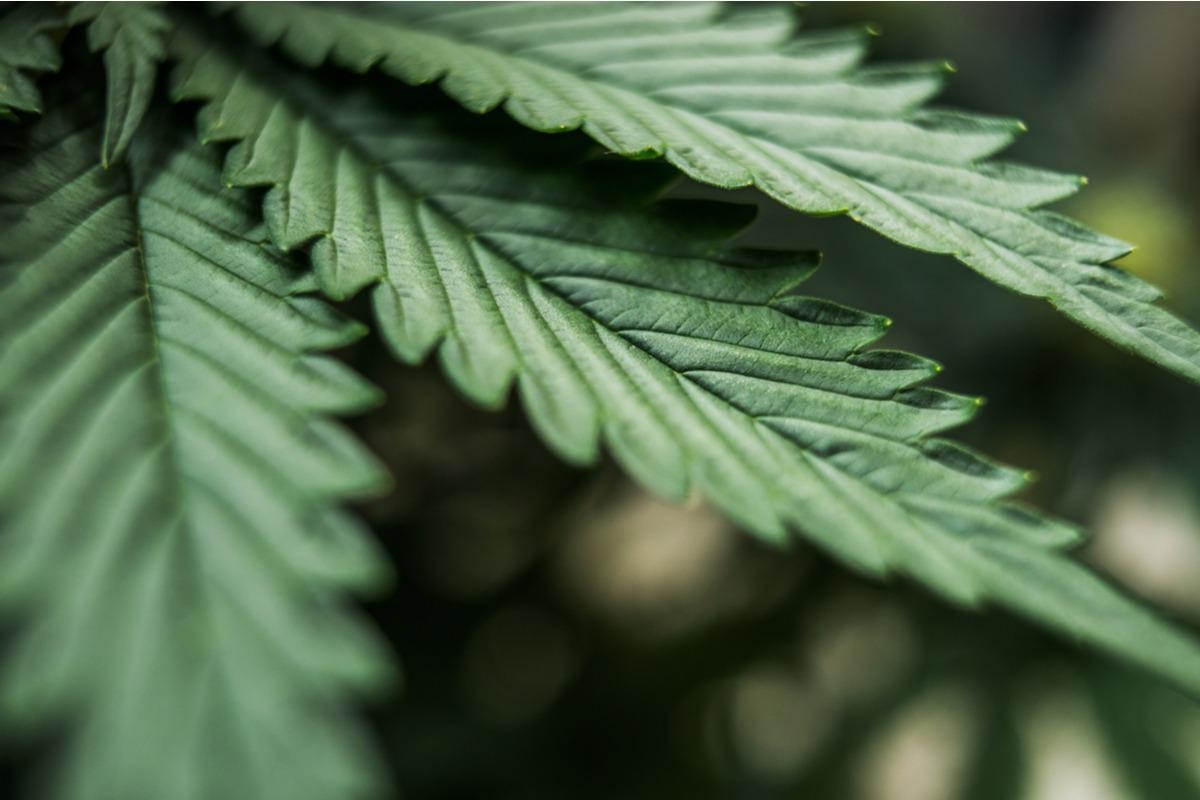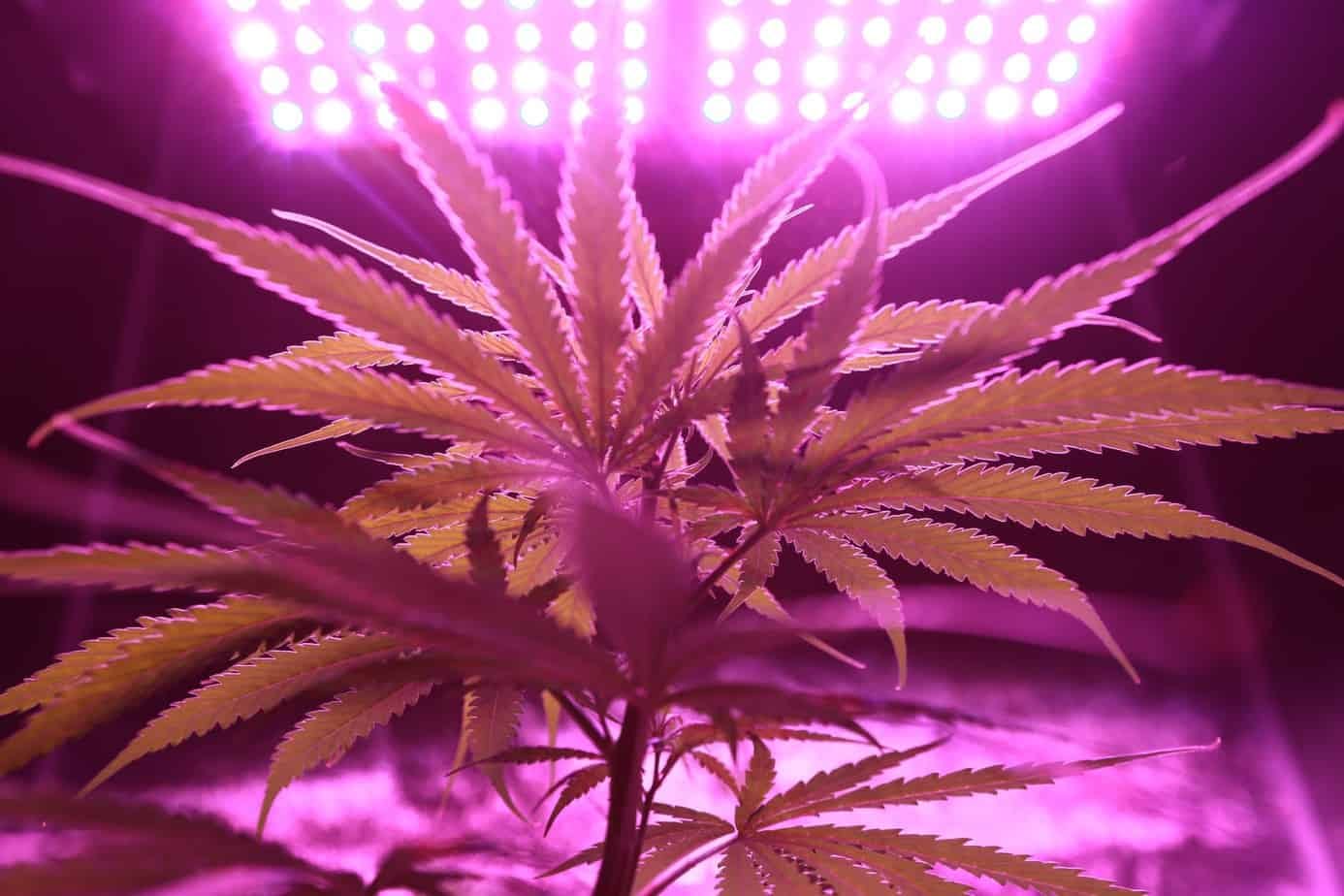In a recent review published in Cannabis and Cannabinoid Research, researchers reviewed studies on the probable conversion of orally administered cannabidiol (CBD) to delta9-tetrahydrocannabinol (delta9-THC or THC) in humans.

In vitro studies with simulated gastric fluid (SGF) indicated that oral CBD could probably convert to THC in humans. The safety and implications of such a conversion need evaluation for further use of CBDs.
About the review
In the present review, researchers discussed the physiological relevance and effects of probable in vivo transformation of CBD to delta9-THC in humans.
CBD and delta9-THC are structurally similar; however, their properties substantially differ. CBD does not bind effectively to CBD1 receptors and, therefore, lacks psychotomimetic properties and cannabis-like intoxicating effects. CBD has been considered a negative modulator and reduces the binding interactions of agonists like delta9-THC, nabilone, and anandamide.
CBD is partially stable in solution and requires <8°C storage temperatures and protection from light. In an acidic environment, CBDs can be isomerized or converted to delta9-THC. CBDs used for therapeutics are either derived from plants, i.e., (-) trans CBD (>99.5% pure CBD, for e.g. BSPG, United Kingdom) or can be synthetic.
The marketed products are reported to…




